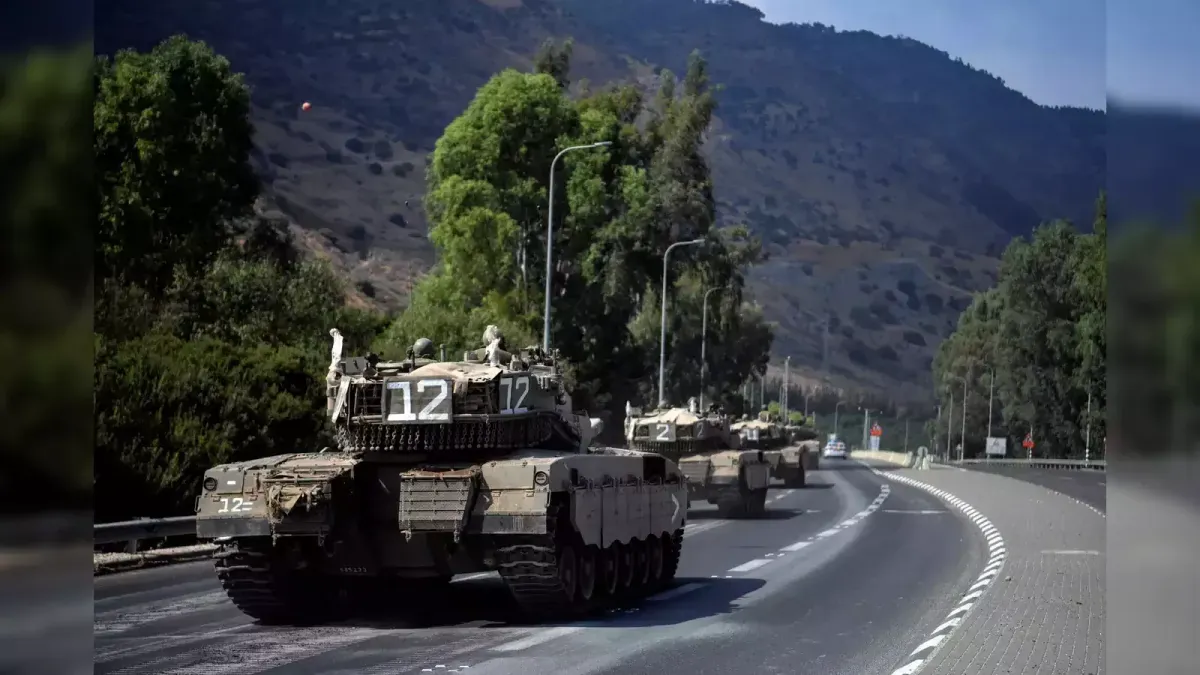Middle East power shift: How a Lebanese group lost its 18-year dominance
A major shift in Lebanonʼs political landscape happened after recent military setbacks. The fall of Syrian regime and internal Lebanese changes created new reality for once-powerful group

The pro-Hezbollah newspaper Al-Akhbar tried to paint a win with “Steadfast Victorious“ headline but reality shows different picture
A cease-fire in Lebanon without one in Gaza would be an admission of defeat
The late-2024 cease-fire between Hezbollah and Israel brought unexpected turns: Israeli forces kept hitting targets in south Lebanon while the Lebanese group made limited responses (which is very different from its past behavior)
The groups current state is way different from its 2006 position — when UN Resolution 1701 didnt change much in the region; Today Hezbollahs infrastructure is heavily damaged its leadership is mostly gone and the groups fighting ability is way down
The fall of Syrian government (which happened in just 13 days) made things even worse for the Lebanese group:
- Cut-off from Iran support
- Lost strategic depth
- No more safe routes for supplies
- Reduced regional influence
The Lebanese public mood changed too — polls show less support for what they call “the resistance“. The Shiite-backed group now faces hard times with other Lebanese religious groups and political parties‚ who dont want to pay the price for someone elses war
The groups self-preservation mode shows in its actions: they agreed to let Lebanese army take control in south Lebanon (something unthinkable before) but might try to dodge these promises just like they did with past agreements
With broken contact to Iran cut-off supplies and reduced fighting power Hezbollah faces its hardest time since it started. The Lebanese state got an unusual chance to change things — but the road ahead wont be easy





























